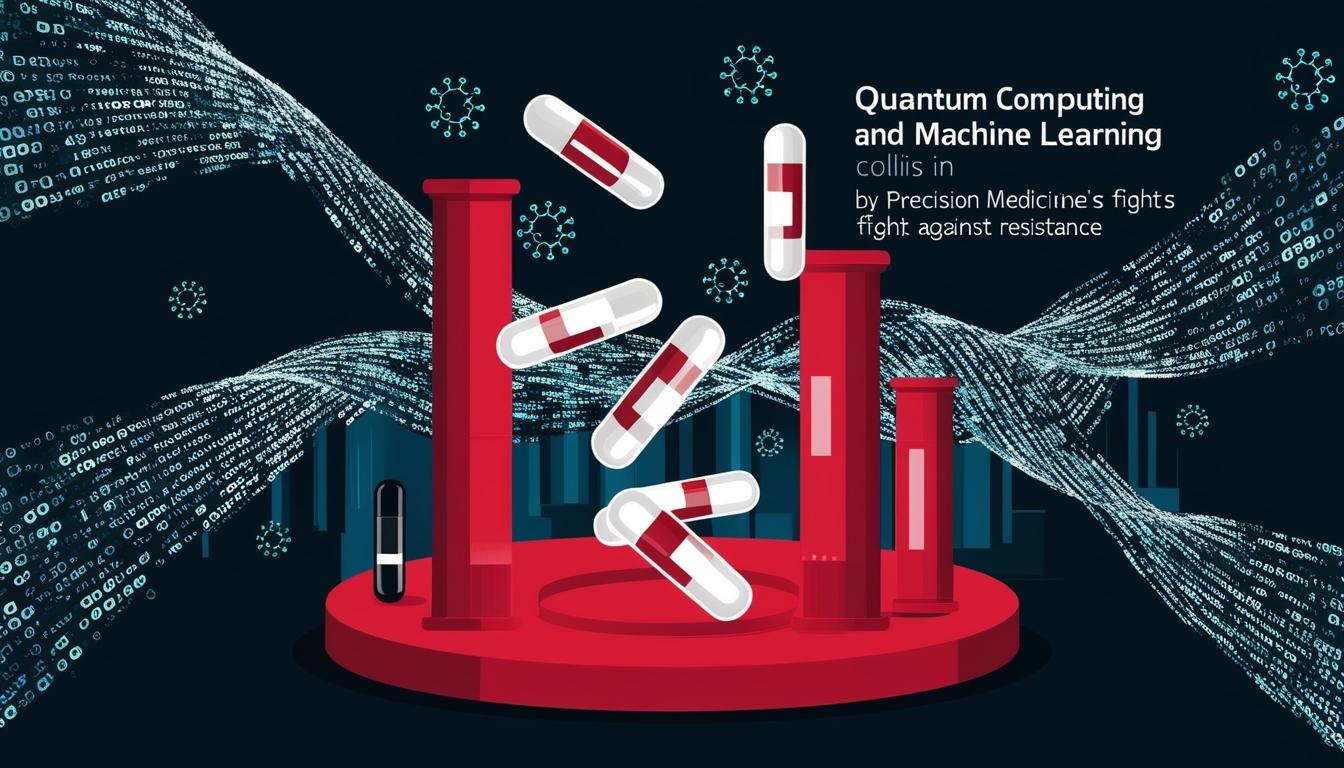Cleveland Clinic has embarked on an innovative research initiative in collaboration with IBM’s Discovery Accelerator Program, focusing on the use of Quantum System One to enhance machine learning algorithms. This project aims to produce faster and more accurate antibiotic prescriptions, addressing a significant gap in patient care. The initiative comes at a critical time, as antibiotic resistance continues to rise, posing a serious threat to public health.
In an impressive feat, machine learning algorithms trained on a dataset consisting of 4.7 million antibiotic susceptibility classifications have demonstrated exceptional accuracy. The algorithms have been shown to outperform physicians in predicting effective treatments and provide results in real-time. By integrating quantum computing into these algorithms, the research team aims to refine their speed and accuracy, thereby enabling their application with smaller datasets. This advancement could potentially make precise, personalized medicine accessible to populations in underserved areas, as well as smaller clinics.
The necessity for precise antibiotic prescriptions is underscored by the typical diagnostic timeframe. For instance, according to Cleveland Clinic's research, urine cultures can take approximately three days to identify the specific bacteria responsible for a urinary tract infection and their antibiotic susceptibility. In the interim, healthcare providers often rely on their clinical judgment, which has been shown to lead to inadequate coverage in about 30% of cases. This can exacerbate the antibiotic resistance crisis, which is increasingly recognised as one of the most pressing health issues worldwide. Dr. Glenn Werneburg, the lead author of the study, conveyed the importance of this research by stating, “We’re very excited to be among the first researchers using quantum computing to solve a medical problem. But even more important is finding solutions for the serious clinical problem of antibiotic resistance, improving patient care, and ensuring that we get this technology out to as many patients as possible.”
Machine learning has already demonstrated its transformative potential across several industries, with healthcare being a prime area of impact. The research team’s recent work, published in BJU International, illustrates how machine learning has been successfully applied to antibiotic prescriptions. Over a decade of data from both inpatient and outpatient settings has been used to develop algorithms capable of predicting antibiotic susceptibility. By evaluating factors such as patient demographics, comorbidities, hospital resistance patterns, and geographical location, the algorithms can create a tailored list of effective antibiotics for individual patients.
The implications of integrating quantum computing into this study extend beyond improving antibiotic prescriptions for urinary tract infections (UTIs); they hold promise for broader applications in healthcare. Equipping healthcare providers with precise, patient-specific predictions is expected to mitigate the misuse of antibiotics, thereby improving patient outcomes and potentially slowing the progression of resistance patterns. This research illustrates a critical intersection of technology and medicine, where emerging technologies address urgent clinical needs.
Despite criticism that quantum computing may be a solution in search of a problem, this initiative from Cleveland Clinic may serve as a compelling counterexample. The potential benefits of improved antibiotic stewardship highlight the need for innovative solutions in medical practice as well as the societal impacts of advancements in quantum and machine learning technologies. As this research progresses, it could lead to significant enhancements in patient care, particularly in the ongoing battle against antibiotic resistance.
Source: Noah Wire Services
